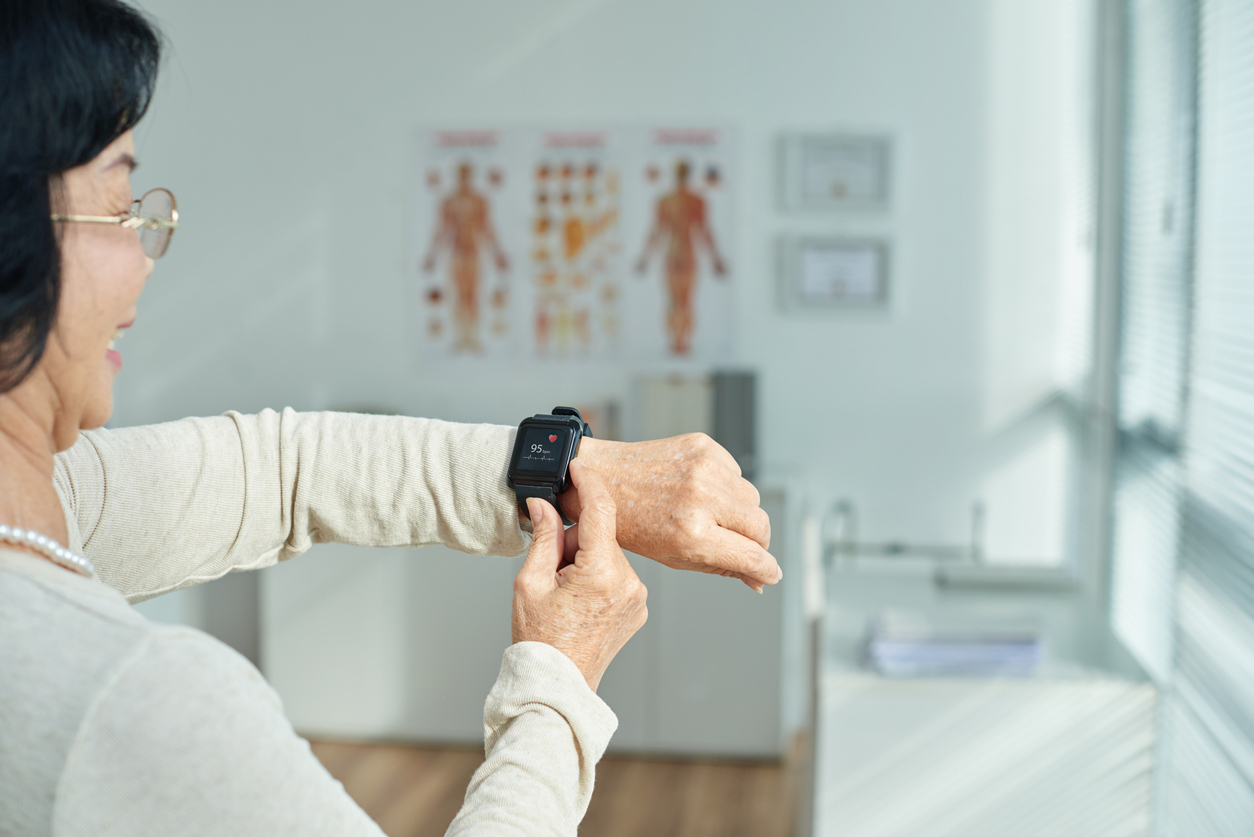While using a wearable device alone may not always be enough to motivate more exercise, adding fun and competition can be the catalyst needed to drive real results, according to a new study from researchers at Penn Medicine and Deloitte Consulting LLP. The two teams combined behavioral insights, gaming elements such as points and levels, and social elements like support, collaboration, or competition to generate significantly positive results in a workplace physical activity program. But when the study, called STEP UP, turned off the gaming elements, participants in the competition arm were the only ones who sustained higher levels of physical activity. Results were published in JAMA Internal Medicine.
“Gamification and wearable devices are used commonly in workplace wellness programs and by digital health applications, but there is an opportunity to improve their impact on health behaviors by better incorporating behavioral insights and social incentives,” says Mitesh Patel, the director of Penn Medicine’s Nudge Unit and an assistant professor of Medicine and Health Care Management. “We found that a behaviorally designed gamification program led to significant increases in physical activity compared to a control group that used wearable devices alone. During the nine-month trial, the average person in the competition arm walked about 100 miles more than the average person in control.
Read more at Penn Medicine News.








